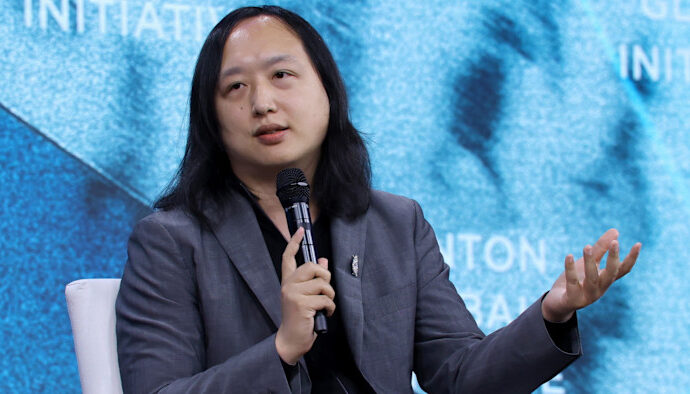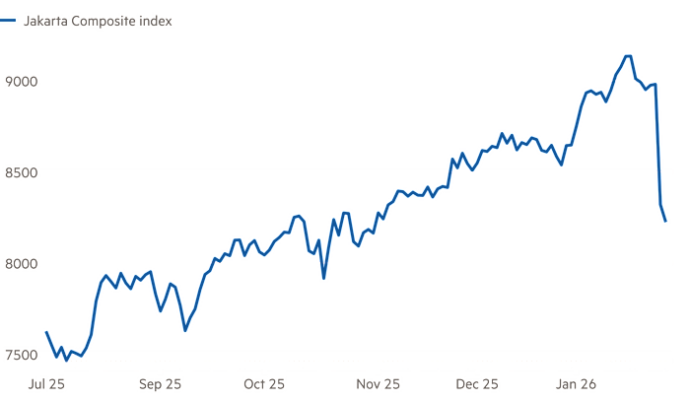Unlock the Editor’s Digest for free
Roula Khalaf, Editor of the FT, selects her favourite stories in this weekly newsletter.
Volkswagen is developing its own AI chip for advanced driving capabilities in China as the German group fights to survive in the world’s biggest auto market.
Europe’s largest carmaker said on Wednesday that its first in-house chip was being developed in China through a joint venture between its software unit Cariad and its Chinese smart driving software partner Horizon Robotics. Deliveries are expected to start within three to five years.
“By designing and developing the system-on-chip [SoC] here in China, we are taking control of a key technology that will define the future of intelligent driving,” said Volkswagen chair Oliver Blume.
An SoC is an integrated circuit that consolidates critical components of a computer system or an electronic system on a single chip. Commonly used in mobile phones and other connected devices, the chips are needed to develop and run advanced driver assistance and autonomous driving systems.
The company’s bid to develop its own AI chip in China is part of a broader push to localise research and development across vehicle hardware, software and design as the group prepares to release about 30 electric vehicles in the country over the next five years.
VW’s move also reflects the carmaker’s desire for more in-house tech capabilities in the wake of Covid-19 chip shortages and long-term uncertainty over China’s access to chip imports at a time of rising tension with the US.
VW, which for years was China’s biggest carmaker, has a market share of more than 20 per cent for cars with internal combustion engines, according to country sales data from Shanghai consultancy Automobility.
But it does not rank among the top 10 companies in the EV segment, which includes pure battery and plug-in hybrid cars.
Meanwhile, the share of Chinese EV makers in the country has doubled from about 35 per cent in 2020 to nearly 70 per cent.
Analysts have credited VW for being one of the few foreign companies making a serious effort to win back consumers in China. Since late 2022, VW has made a series of investments in the country worth almost €4bn to rescue its Chinese business.
That includes building a €1bn innovation centre and ploughing €2.4bn into Horizon Robotics, a Beijing-headquartered company which specialises in chip design and software for advanced driver assistance systems.
The German group also paid $700mn for a 5 per cent stake in Xpeng in 2023 and partnered with the Chinese EV maker to develop two VW-branded cars. The Financial Times reported in June that Xpeng’s self-designed Turing AI chip would be used in these models.
VW said on Wednesday that its forthcoming “system-on-chip” technology would boost the real-time decision-making and computing performance of its cars, improving safety and intelligent driving features.
The chip development will cost more than $200mn, according to a person familiar with the matter.
Additional reporting by Eleanor Olcott in Beijing


